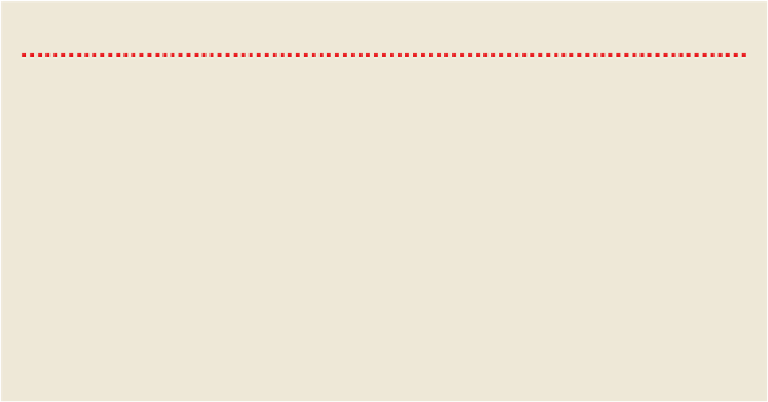Travel Reference
In-Depth Information
Food
The food you find in Morocco is likely to be fresh, locally grown and homemade, rather
than shipped in from Brazil, microwaved and served semi-thawed. Most Moroccan ingredi-
ents are cultivated in small quantities the old-fashioned way, without GMOs (genetically
modified organisms), chemical fertilisers, pesticides or even mechanisation. These techno-
logies are far too costly an investment for the average small-scale Moroccan farmer, as is
organic certification and labelling - so though you may not see a label on it to this effect,
much of the Moroccan produce you'll find in food markets is chemical- and GMO-free.
EATING DURING RAMADAN
During Ramadan, most Moroccans observe the fast during the day, eating only before sunup and after
sundown. Dinner is eaten later than usual - around 11pm - and many wake up early for a filling break-
fast before dawn. Another popular strategy is to stay up most of the night, sleep as late as possible, and
stretch the afternoon nap into early evening. Adapt to the local schedule, and you may thoroughly enjoy
the leisurely pace, late-night festivities and manic feasts of Ramadan.
Although you will not be expected to observe the fast, eating in public view is generally frowned
upon. Hence many restaurants are closed during the day until
lftour,
the evening meal when the fast is
broken - though if you call ahead to restaurants in tourist areas, you may have luck. With a little plan-
ning, there are plenty of other workarounds: load up on snacks in the market to eat indoors, make ar-
rangements for breakfast or lunch in the privacy of your guesthouse, and ask locals about a good place
to enjoy
lftour
.
Lftour
comes with all the traditional Ramadan fixings:
harira
(a hearty soup), dates, milk,
shebbakia
(a sweet, coiled pastry that's guaranteed to shift your glucose levels into high gear) and
harsha
(buttery
bread made of semolina and fried for maximum density). You may find that
harira
is offered free; even
Moroccan McDonald's offers it as part of their special Ramadan Happy Meal.
Produce
The splendid appearance, fragrance and flavour of Moroccan market produce will leave
you with a permanent grudge against those wan, shrivelled items trying to pass themselves
off as food at the supermarket. There's a reason for this: Moroccan produce is usually har-
vested by hand when ripe, and bought directly from farmers in the souqs. Follow the
crowds of Moroccan grandmothers and restaurant sous-chefs to the carts and stalls offering
the freshest produce. Just be sure to peel, cook or thoroughly wash produce before you eat
it, since your stomach may not yet be accustomed to local microbes.

